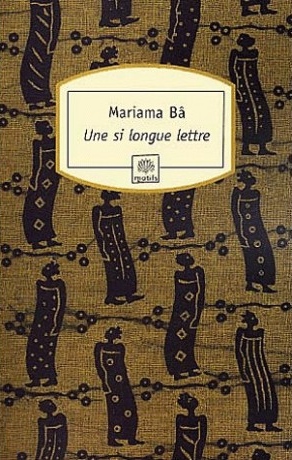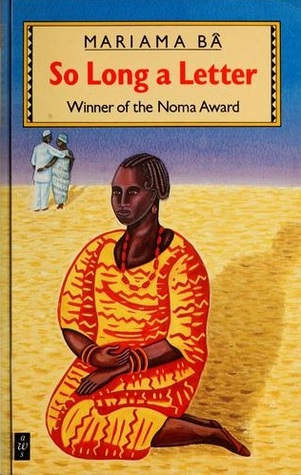


The group, which dictates and whose puppet-like influences, from the background, controls the opinions and sayings of others, is the clergy ably represented in this text by those who echo it: the Imam (within the Islamic religion), the female-in-laws and the ‘sayings’ of the society’s men and women. In Mariama Ba’s So Long a Letter, man, in the small clique, acts out his eonic characterization. Man, the general man, therefore, becomes a slave to the precepts and the (in)direct commands of these groups in nearly all societal situations, (un)knowingly and (un)consciously. Most of the time, they portend and pretend to speak both for God and Tradition and not for the groups they represent. The controller of man unmasked is man: small cliques and caucuses in different societies who have always constituted themselves into the mouthpieces of God and Tradition (Freeman 2012). Within these institutions are hidden the main controllers of man who/which use these twin issues to regulate him.

Religion and Tradition have, from eons, controlled man. Why not? The wife can take the initiative to make the break. So if one of the partners is no longer satisfied with the union, why should he remain? It may be Abou: it may be me. It is mutual agreement over a life’s programme. Man is one: greatness and animal fused together. The African world, faced with the negative effects laid on the table in this paper, should sociologically re-adjust itself into the modern world of love-giving, acceptance and sharing. Women need not be abandoned, children need not be cast aside, and men’s lives need not become loveless as much as the society need not be shackled with frustrated marriages and destroyed lives. This paper discusses, through a sociological consideration of Mariama Ba’s So Long a Letter and the effects of polygamy, that a positive consideration be cast on the issue in the modern African world. Polygamy as one of the issues is advantageous for male. His assumed positions on social issues, therefore, are regarded as infallibles. Over the eons, man has posed asspeaking for and on behalf of God and Tradition. Solanke, Ajayi Crowther University, Nigeria


 0 kommentar(er)
0 kommentar(er)
